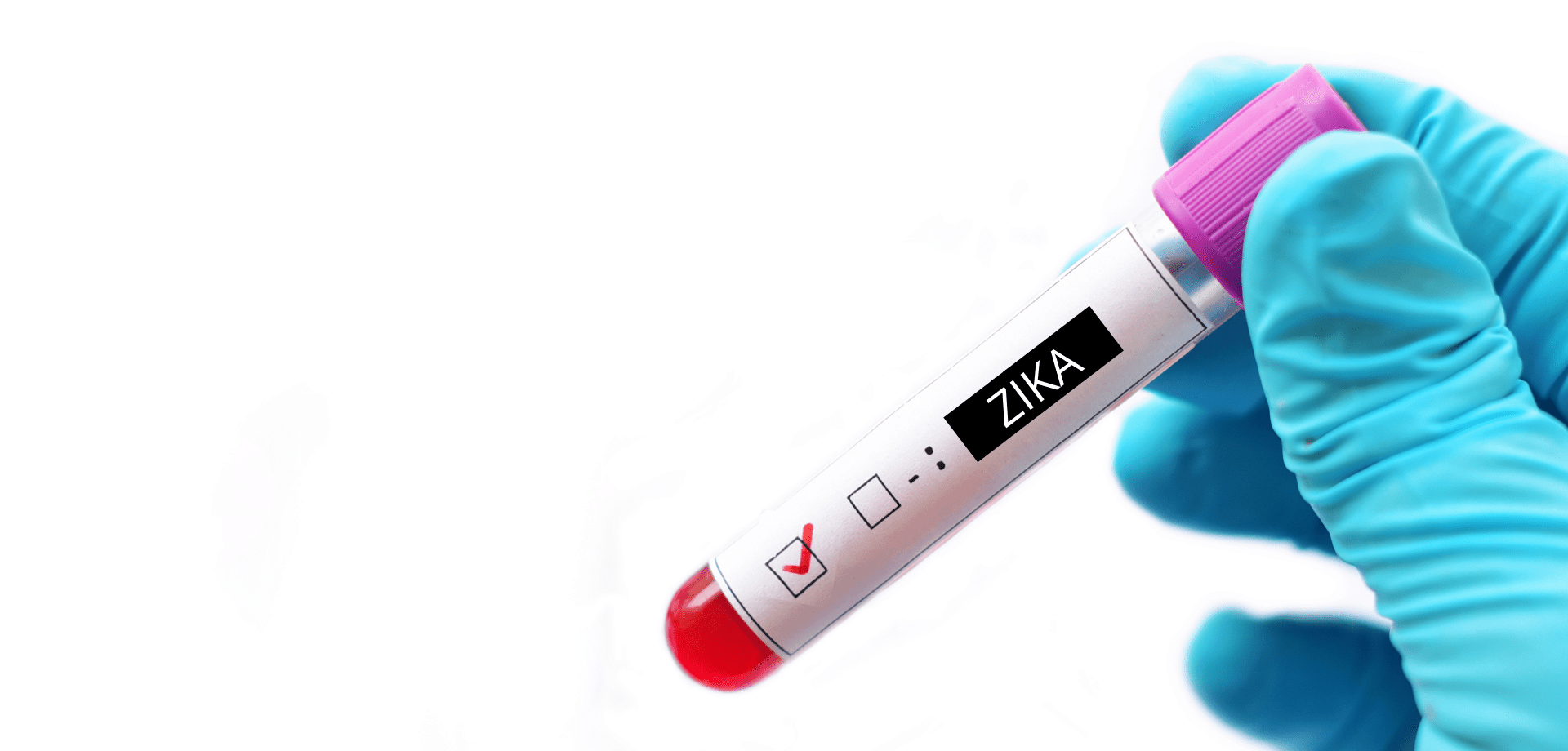Tag: Chikungunya
Stay healthy at Holi
Holi is a famous spring Hindu festival that is celebrated in every part of India. It is known as the festival of colours and is mostly celebrated in March in Rajasthan.
The celebration signifies the beginning of spring beginning and the end of winter. It is sometimes known as the “festival of colours” or the “festival of love”. During the festival, it is encouraged to throw powdered paint (gulal) into the air. This symbolises the abundance of colours of spring and the celebration of a new season.
Here are top travel tips to stay healthy at Holi.
Don’t forget your travel vaccinations
Travellers going to India should ensure they are up-to-date with their travel vaccinations. These include Hepatitis A, Typhoid and Diphtheria, Tetanus and Polio. Rabies, Hepatitis B and Japanese Encephalitis are sometimes suggested and are dependent on where you’re travelling to and the activities you plan to do there. A consultation with a travel nurse will provide you with all the information needed to make an informed decision either way.
You can find more about vaccinations on our travel and wellness vaccine pages.
Eat, drink and be merry…
India is food heaven but don’t let travellers diarrhoea turn it into a Holi holiday hell. Avoid tap water or ice from an unknown source. Ensure bottled water has an intact seal if buying from a vendor. Alternatively, invest in a water-to-go bottle which has a built-in filter making unsafe water safe to drink. You can pick one up during a travel appointment at the clinic whilst getting your vaccines.
Eat well-cooked food served piping hot, and avoid fruits and salad items that might have been washed in the local water. It is worth investing in a gastro medical kit which contains all the necessary medicines should you get sick at any point during your travels.
Colour vision…
Holi festival is synonymous with the throwing of coloured powder. Contact lens wearers should stick to their glasses during the festival so to avoid getting dye in their eyes. Any dye that makes its way into your eye could cause a chemical injury and lasting damage. If any powder does get in your eye, wash it well with clean running water.
Don’t let the dye stop the DEET.
Dengue fever, chikungunya, Zika, Japanese Encephalitis and even malaria can occur in parts of India. Therefore, banish the bugs bites by covering up as much as possible, wearing a good insect repellent with at least 50% DEET. See our Ultimate Bug Kit.
If you are trying to conceive, travelling to ‘at-risk countries’ is not advised.
For more information on the Zika virus and advise, you can speak to one our travel nurses during a travel consultation.
We’d always recommend for travellers to book a 30-minute travel consultation with a travel nurse prior to travelling to ensure all necessary vaccinations are given and any risks are discussed.
Book your travel appointment today
By Anna Chapman | Travel Nurse | February 2019
Have a bug-free beach life
Apart from causing an itch and inflammation, mosquitoes can leave more than just an irritation.
In the Caribbean, they have the ability to transmit diseases such as Dengue Fever, Zika Virus and Chikungunya.
Mosquito bite avoidance is recommended, here are our recommendations on how:
- Cover up with clothing
- Use insect repellents containing a minimum of 50% DEET on any exposed skin
- Consider treating clothes with permethrin
- Sleep under bed nets and use insect screens on doors.
- Reduce mosquito breeding sites by removing any water containers from outdoor areas
- Use air-conditioning
- Consider the use of plug-in electrical vaporisers which deter mosquitoes
- Use our Ultimate Bug Kit.
Dengue Fever & Chikungunya
There is currently no vaccine available to prevent either dengue nor chikungunya in travellers. However, without mosquitoes, individual sufferers are not directly contagious.
The risk for both diseases is thought to be higher during periods of intense mosquito feeding activity (two to three hours after dawn and during the early evening).
Zika
There is currently no vaccine available to prevent the ZIKV infection in travellers. Those infected with the infection normally have no symptoms. When symptoms do occur they are usually mild and short-lived. Serious complications and deaths are not common.
The concerns with the Zika virus and primarily to do with birth defects and as a result pregnant women should postpone non-essential travel until after pregnancy. More information on Zika Virus and pregnancy concerns from Public Health England.
So say ‘zip off’ to zika and ‘do one’ dengue and enjoy a bug-free beach life!
If you would like more travel advice we’d recommend an appointment with one of our travel nurses. You can book your travel appointment online.
By Anna Chapman | Travel Nurse | November 2018




